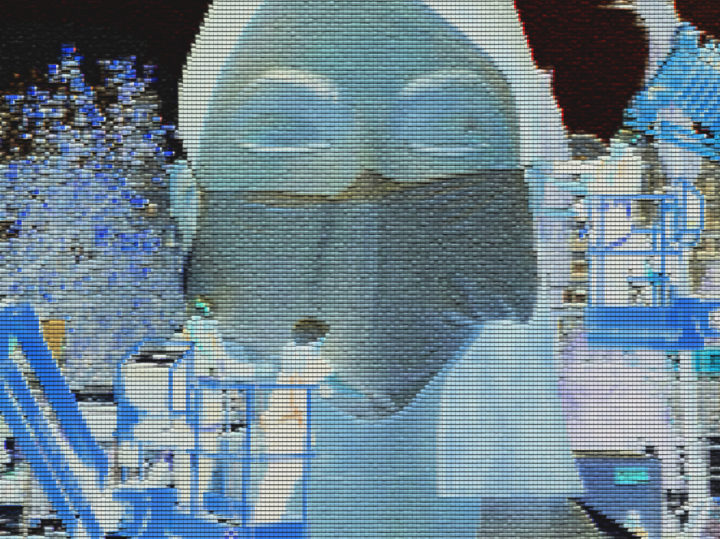Every day, all day long, we are bombarded with updates and analyses about COVID-19, a virus that has stopped our one and only planet from “turning.” The whole world is on lockdown and almost everything has been shut down: businesses, cultural centers, religious institutions, etc.
In the early 80s, I was walking down a Paris street when I was stopped by a New Humanist who told me about this new current of ideas based on nonviolence and personal development, framed in a very simple phrase: “There is no social development without personal development, and no personal development without social development.” This philosophy was developed mainly by Silo, the author of many books, including one with a proposal to “Humanize the Earth.” A brilliant mind, people often asked Silo for guidance with personal situations, their work, a family dilemma, relationship issues — you name it — and mainly Silo’s response to these requests was: “The question is not how to get out of this situation but rather how did I get into it in the first place.”
How did we end up with a pandemic on this scale? What did we do, or not do, to have our planet on lockdown? Why didn’t we see the bulldozer coming? These are the questions we should be asking.
Almost overnight, the US unemployment rate went from 3% to 30%. The Department of Labor’s figures for the week ending March 28 showed an increase to 6.6 million unemployed people – quite literally off the charts. There has been an unprecedented demand on food pantries across the country. In January 2019, however, when the National Intelligence published its long list of national security threats (“These Are the Top 26 National Security Threats Facing America” 12/03/19) there was nothing in it about pandemic viruses.
Asking myself how I got into a bad situation seems a little counterproductive at first. Why spend time thinking about the past when I need to concentrate on finding a solution for the future? But here is the fatal error. What is most important is understanding what it is I was thinking that led me into this situation. What were my beliefs? How did I justify my decisions? If I can answers these questions, I will find a way out of the problem and also increase the chance of not repeating the same error.
The coronavirus goes directly against our system of beliefs. The virus is so effective because it goes against who we think we are as human beings. We want to be individualistic, resolving everything with money and violence, and yet here we are with military personnel building hospitals in the middle of Central Park and the so-called “developed countries” of the West becoming Ground Zero for the epidemic. The virus attacked us at the social and health levels, showing us that if health and the social fabric are not cared for and protected, nothing else will work — no economic system, no stock market, no corporations, no housing market. Nothing.
Rabbi Heschel had a famous quote: “Few are guilty, but all are responsible.” Yes, we are all responsible for this pandemic, we were not looking in the right direction, not having the right priorities, not pushing our politicians to do the right thing, not giving enough power to our democracies, to our international institutions, to our common good.
Now, in many cases, we may have to start from scratch, to rethink everything, to reorganize our lives, but the most important part of our work right now is understanding how we got into this situation. What system of belief put us here? This is not a question of judging right or wrong; it’s a question of whether it works or not. Even our beliefs about what is human are not correct, for the most part.
If we believed that the human being is the most important value, that everything we are doing is for the development of the human being and our shared social environment, we would be in a very different situation today.
What can we gain from this virus? What will be our best shot to immunise ourselves from future viruses? The short answer is: we need to change our system of beliefs.






